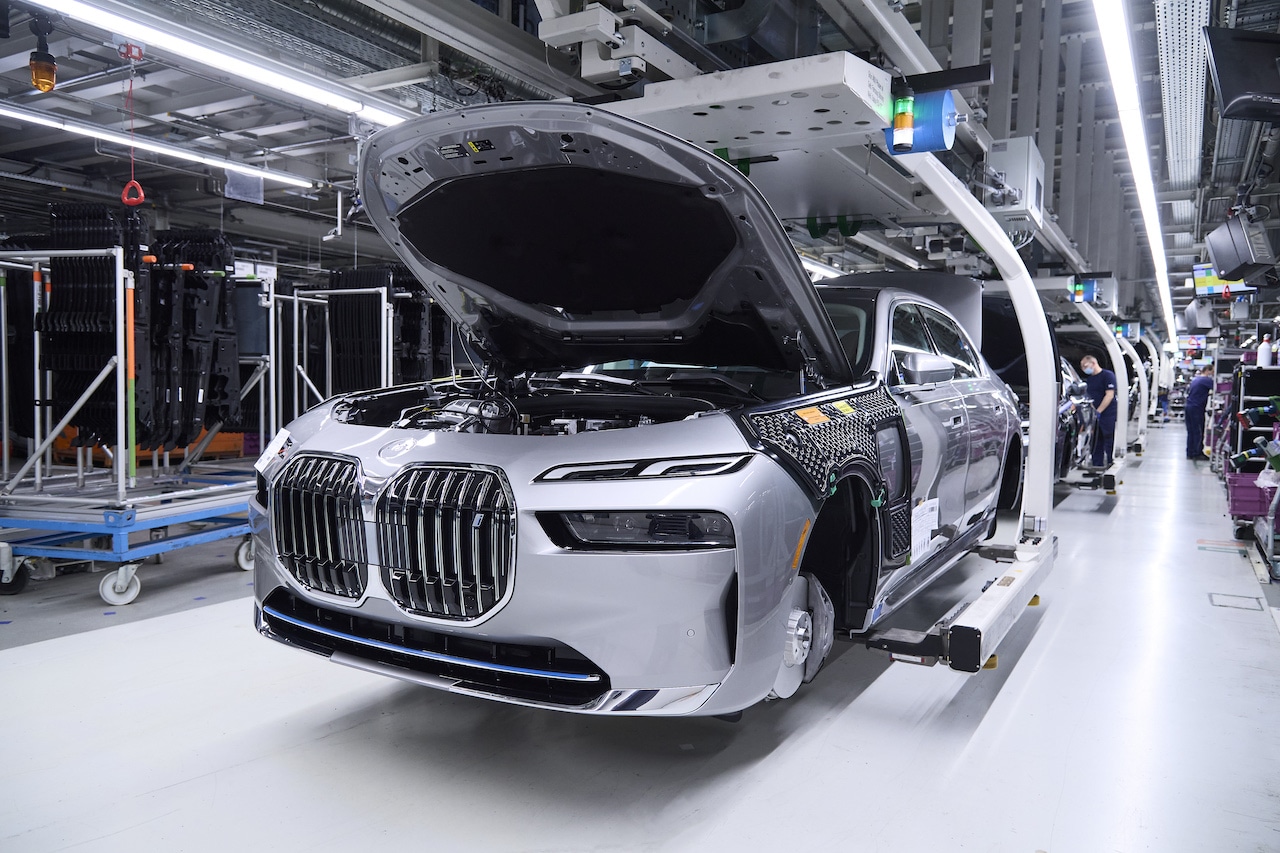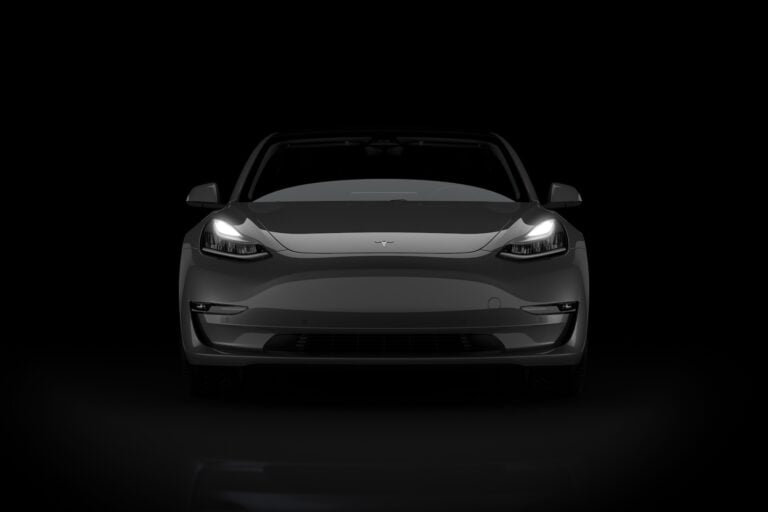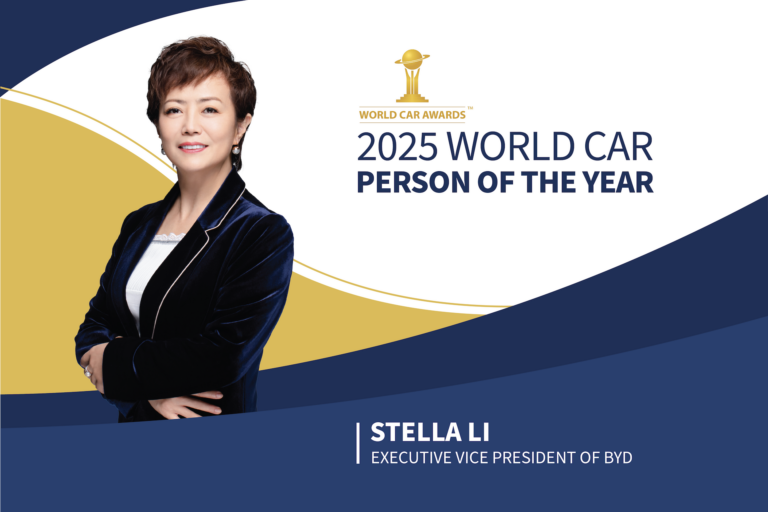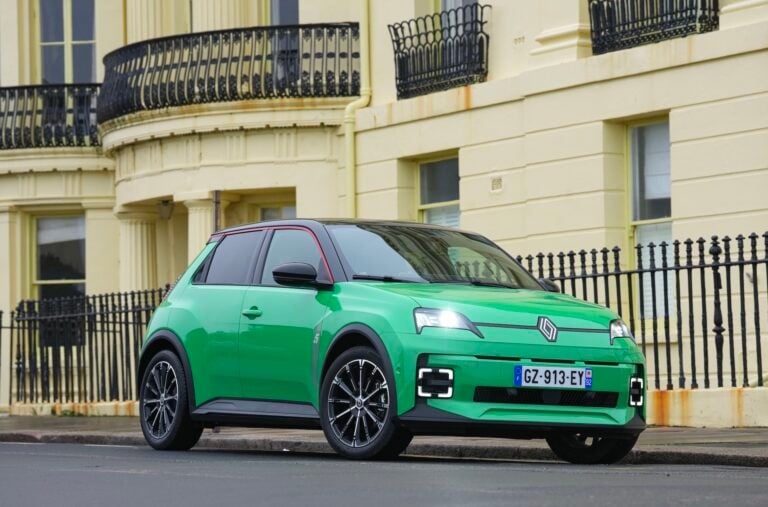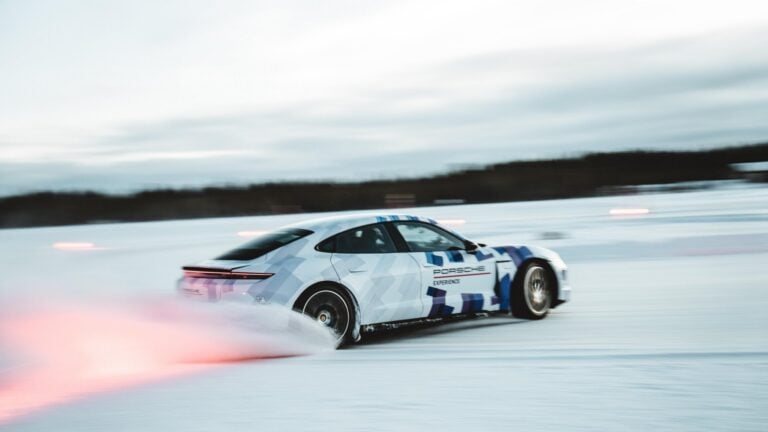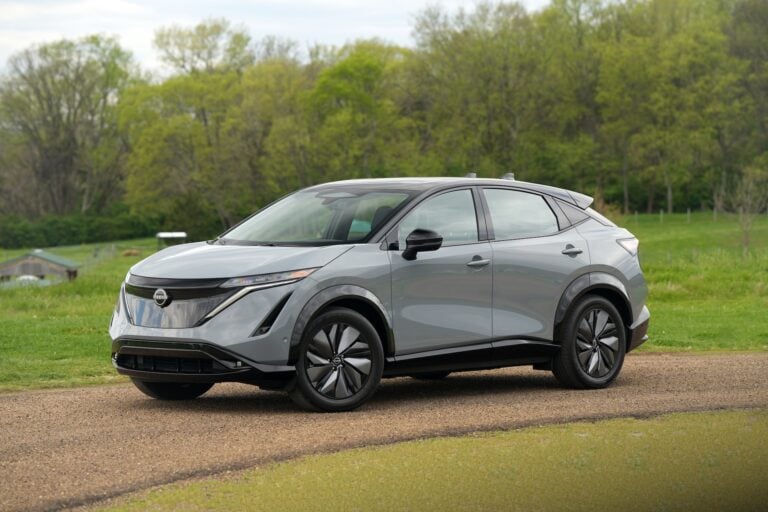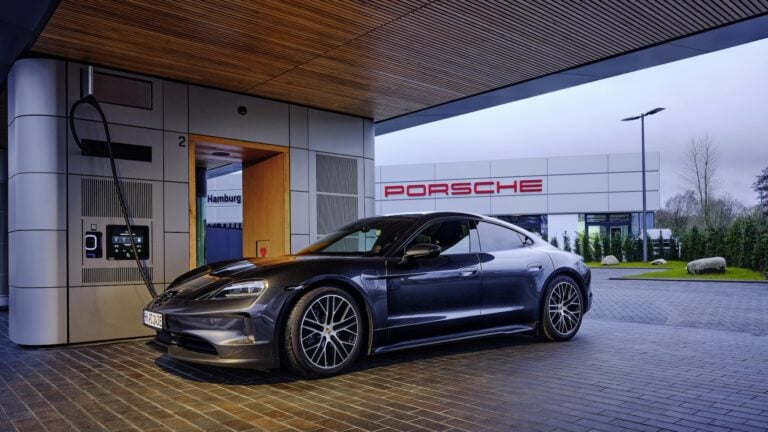Dingolfing – The first series-produced vehicles of the new BMW 7 Series have today rolled off the production lines of BMW Group Plant Dingolfing. In fact, today was a double debut, with the new top-of-the-range BMW manufactured not only with highly efficient combustion engines but also as the fully electric BMW i7. Milan Nedeljković, BMW AG Board Member for Production: “Our new BMW 7 Series is the first luxury sedan in the world to offer customers a choice between three types of drive. Whether fully electric, combustion-powered or, soon, plug-in hybrid, we have the flexible production structures and outstanding integration skills we need to manufacture such a diverse range of drives efficiently.”
The BMW Group has invested over €300 million to ready the Dingolfing vehicle plant for production of the new BMW 7 Series. As it strives consistently to implement the BMW vision of production of the future, its largest European plant is increasingly being transformed into a state-of-the-art facility practicing the ‘Lean. Green. Digital.’ approach. For the first time, the BMW Group is piloting automated maneuvers within the production environment by just-made BMW 7 Series vehicles – and optimizing assembly and outbound logistics processes as a result.
BMW i7: The latest milestone on the road to e-mobility in the luxury segment
With production under way, once sales organizations have been provided with the show and demonstration vehicles they need, the new BMW 7 Series will be available to customers worldwide in the autumn of this year. The BMW i7, especially, marks the next step in the BMW Group’s electromobility campaign for the luxury segment, which Dingolfing has come to symbolize. Board Member Milan Nedeljković: “Exactly a year ago, we were here to celebrate the start of production of our BMW iX. Today the BMW i7 is the latest milestone on our journey. Next year will see the launch of the fully electric variant of the BMW 5 Series as we step up the pace of electromobility and electrify our core model series.” By the end of 2022, one in four BMWs leaving Dingolfing is already expected to incorporate an electric drive, rising to approx. 50 percent of the plant’s total output by the middle of this decade, according to current plans.
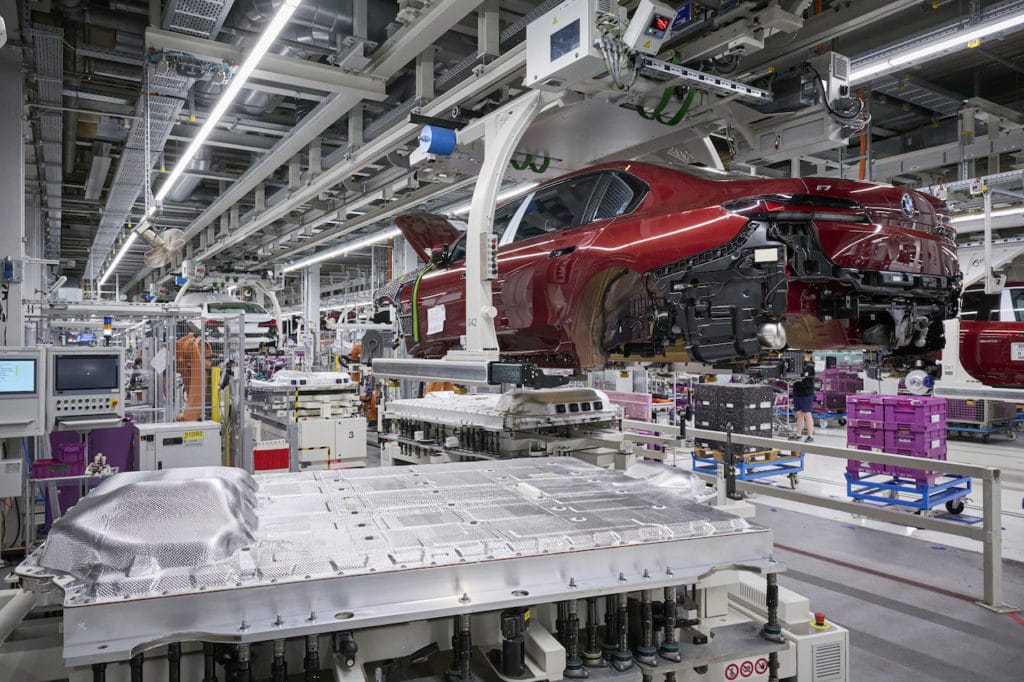
100 percent exchange flexibility between different types of drive
The new BMW 7 Series is assembled on the same line as the BMW 5 Series, 8 Series and the fully electric BMW iX. “We are 100 percent flexible and able to switch between drive variants for the BMW 7 Series,” explained Christoph Schröder, Plant Director. “This means we can manufacture completely in line with demand for the various drives and use our plant capacity as fully as possible.”
Inhouse production of e-drive components
The e-drive components of the BMW i7 – including the high-voltage battery and highly integrated electric drive – are produced in Dingolfing. Like those of the BMW iX, BMW i4, and BMW iX3, they are manufactured at the nearby BMW Group Competence Centre for e-Drive Production.
The Competence Centre recently launched two new production lines, enabling the facility to produce sufficient e-drives for more than 500,000 electric cars a year. The workforce has also increased, from approximately 600 in early 2020 to over 2,300 today.
Green. Investing in sustainable production
The BMW iFACTORY and sustainable production in Plant Dingolfing is leading the way in terms of environmental responsibility. A range of measures have been put in place to minimize the impact on the planet, including sourcing 100 percent green energy, re-using several hundred existing production robots in the bodyshop, and reducing the consumption of resources in the paintshop. Significant investments are currently being made in new cathodic dip lines and a dry separation system, which will save significant amounts of water and energy. In addition, the waste heat from the drying furnaces will no longer be used purely as process heat but also to generate electricity.
Sustainable production practices help businesses save money and protect the environment. Some common sustainable production strategies include energy-efficient systems, packaging planning, traffic logistics, recycling and water management. For example, on-site transportation can be carried out by electric truck. Also, Dingolfing currently has a recycling quota of more than 90 percent and an even higher re-use quota of more than 99 percent. In 2021, this sent total residual waste tumbling to just 580 grams per car produced. And when it comes to water, Dingolfing currently covers 40 percent of its needs by drawing on its own source, thereby helping to preserve the region’s drinking water supplies as well.

